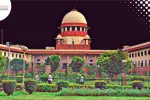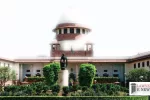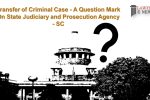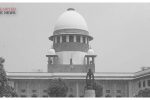No Guilty Should Go Scot-Free, No Innocent Should Be Punished – 65-B Certificate at any stage of Trial Electronic Evidence Admissibility: Supreme Court
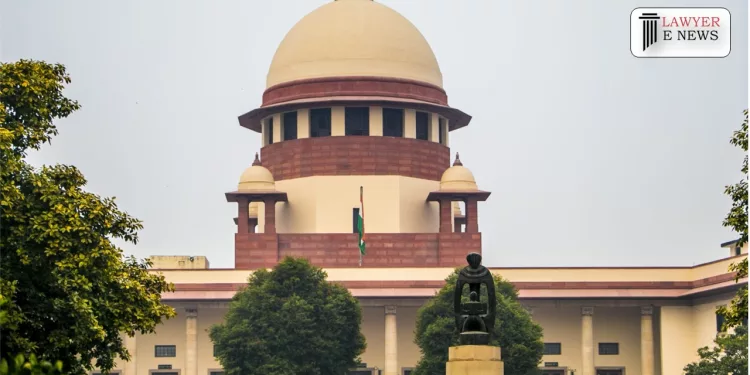
In a significant ruling that underscores the principle of a fair trial, the Supreme Court today allowed an appeal by the State of Karnataka, setting aside the orders of the lower courts that had rejected an application to produce a certificate under Section 65-B of the Evidence Act. The apex court emphasized the importance of justice and truth in trial proceedings, stating, “The object is that no guilty should go scot-free and no innocent should be punished.”
The case stemmed from the horrific serial bomb blasts that shook Bangalore in 2008, leading to a complex investigation involving electronic evidence. The prosecution’s attempt to recall a witness to provide a Section 65-B certificate for electronic records was previously denied on the grounds of perceived delay. The Supreme Court, however, ruled that such a certificate is a curable defect and can be produced at any stage of the trial, reinforcing the notion that trials must seek the truth above all else.
Justice Vikram Nath and Justice Rajesh Bindal, presiding over the appeal, noted that denying the prosecution the opportunity to produce the certificate would cause “great injustice” to the appellant. They stated, “By permitting the prosecution to produce the certificate under Section 65B of the Evidence Act at this stage will not result in any irreversible prejudice to the accused.”
This landmark decision has significant implications for the way electronic evidence is treated in criminal proceedings, ensuring that technicalities do not overshadow the fundamental rights to justice and a fair trial.
The court’s ruling has been welcomed by legal experts and advocates for victims’ rights, hailing it as a step forward in the pursuit of justice in cases involving complex electronic evidence. The decision is expected to set a precedent for future cases, balancing the rights of the accused with the public interest and the pursuit of truth in the justice system.
Date of Decision: November 06, 2023
STATE OF KARNATAKA VS NASEER @ NASIR @ THANDIANTAVIDA NASEER @ UMARHAZI @ HAZI & ORS.
